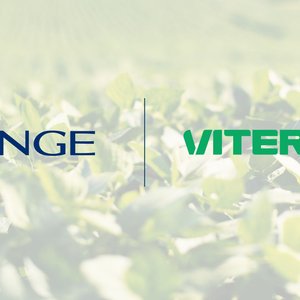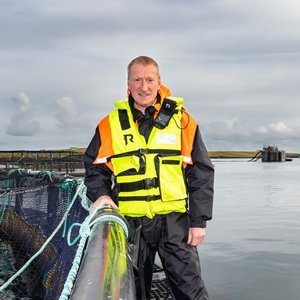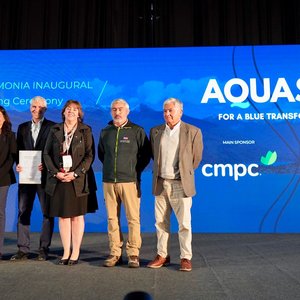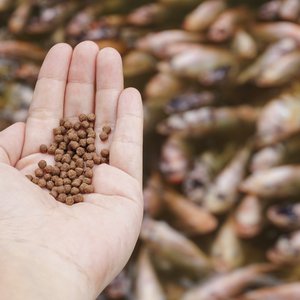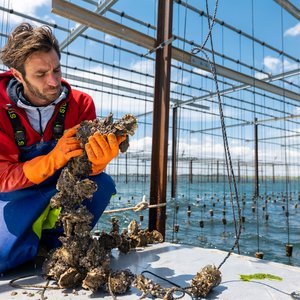On March 7 and 8, 2016, the EU Standing Committee on Plant, Animal, Food and Feed (PAFF Committee) were due to re-evaluated the authorization of glyphosate - the world’s most widely used herbicide - for another fifteen years.
Slow Food asked European governments to reject the re-approval of glyphosate and take a stand to protect human health and the environment.
“There’s no room for compromise. We have to decide whether the future of food is to be in the hands of the chemical industry with its promises to feed the planet—which, judging from the hundreds of thousands of tons of glyphosate sold every year, is a guise for evident economic interests—or of a policy that has the health of consumers and environmental welfare at heart,” said Carlo Petrini, President of Slow Food International.
The use of glyphosate is increasing globally and a fierce debate is raging on the harmlessness or otherwise of the world\'s bestselling weed-killer, traces of which have been detected in fruit and vegetables, in cereal-based products, GM corn and soybeans used as animal feed, beer samples and even organic products. Residues of this dangerous pesticide were also detected in human urine of consumers.
The International Agency for Research on Cancer, part of the World Health Organization (WHO), classifies glyphosate as “probably carcinogenic”.
The request for reauthorization of glyphosate was submitted by the European Glyphosate Task Force, a consortium of about twenty applicants including Dow AgroSciences, Monsanto Europe and Syngenta.
Slow Food recently signed the petition Stop Glyphosate promoted by We Move and is taking different actions at European and national level to raise awareness on the risks of glyphosate, in collaboration with European public health and environmental NGOs.
In the event, Member states did not vote on the proposed re-authorization of glyphosate as several governments indicated they would not vote in favour, preventing the required ‘qualified majority’. Talks are now set to continue.




